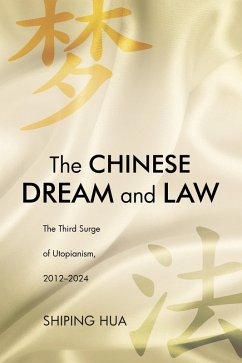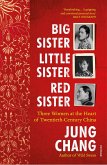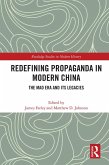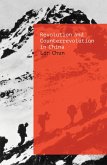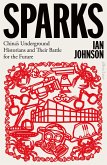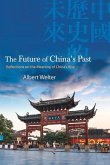Analyzes the major laws promulgated during the Xi Jinping era against a background of the politics and ideology of the Xi regime in general.
The Chinese Dream and Law study situates the Chinese Dream in the modern utopianism discourse since the Late Qing, following Kang Youwei and Mao Zedong. As a tool to promote the Chinese Dream, the legal reforms during the period depart from the "thin constitutionalism" of the first three decades of the post-Mao era and resemble aspects of Legalism. Although the current regime has made some progress in protecting people's socioeconomic rights through law, it has retreated on upholding judicial independence to protect people's civil and political rights, especially those vis-à-vis the state. The first three decades since post-Mao reform are an aberration that deviates from the normal trajectory of modern Chinese political development. The decade-long efforts by the current regime have slowed the growing official corruption and have slightly narrowed the growing income gap, although economic growth was cut in half. The Chinese style of utopianism could mean a "better place"-as in the country's ancient past. It could also become a "no place" in the modern diverse world because this human hope that has a universal claim is often built on authoritarian means.
The Chinese Dream and Law study situates the Chinese Dream in the modern utopianism discourse since the Late Qing, following Kang Youwei and Mao Zedong. As a tool to promote the Chinese Dream, the legal reforms during the period depart from the "thin constitutionalism" of the first three decades of the post-Mao era and resemble aspects of Legalism. Although the current regime has made some progress in protecting people's socioeconomic rights through law, it has retreated on upholding judicial independence to protect people's civil and political rights, especially those vis-à-vis the state. The first three decades since post-Mao reform are an aberration that deviates from the normal trajectory of modern Chinese political development. The decade-long efforts by the current regime have slowed the growing official corruption and have slightly narrowed the growing income gap, although economic growth was cut in half. The Chinese style of utopianism could mean a "better place"-as in the country's ancient past. It could also become a "no place" in the modern diverse world because this human hope that has a universal claim is often built on authoritarian means.
Dieser Download kann aus rechtlichen Gründen nur mit Rechnungsadresse in A, D ausgeliefert werden.

